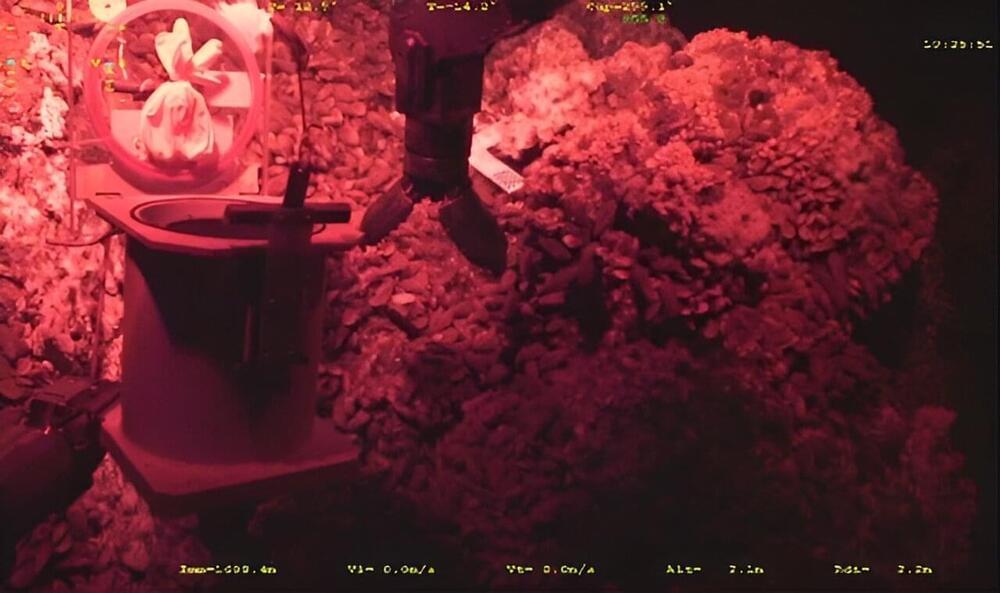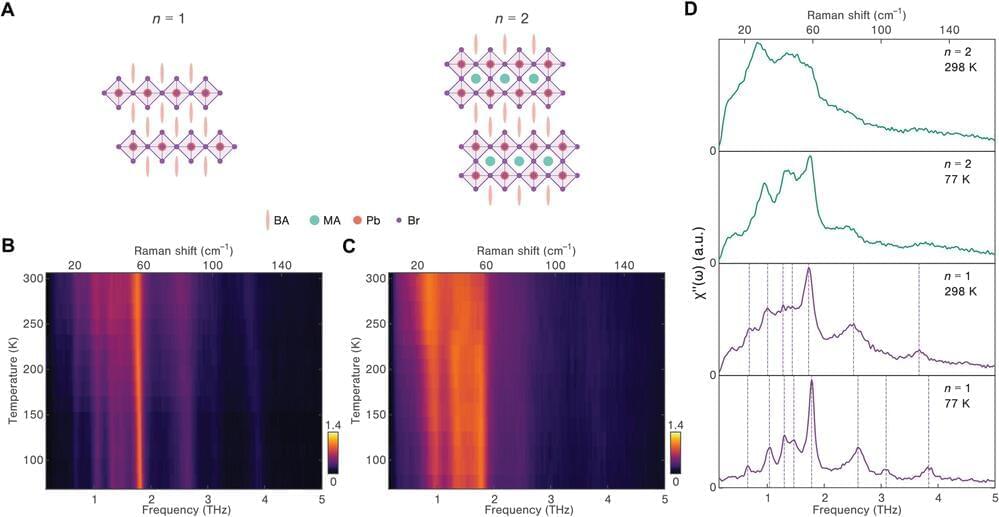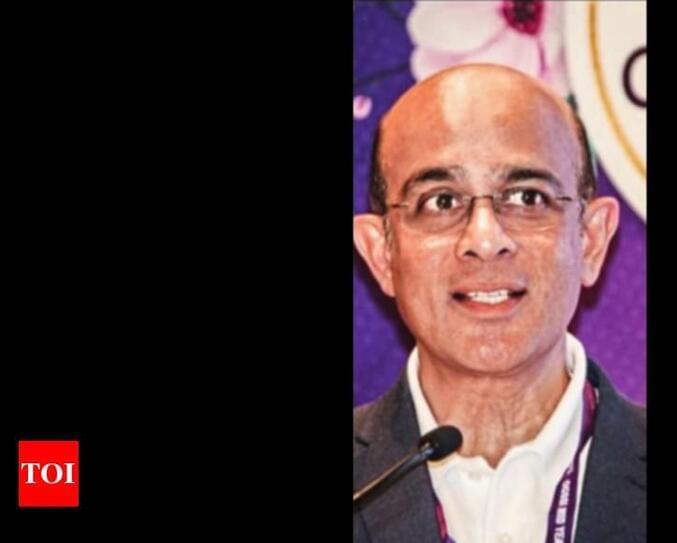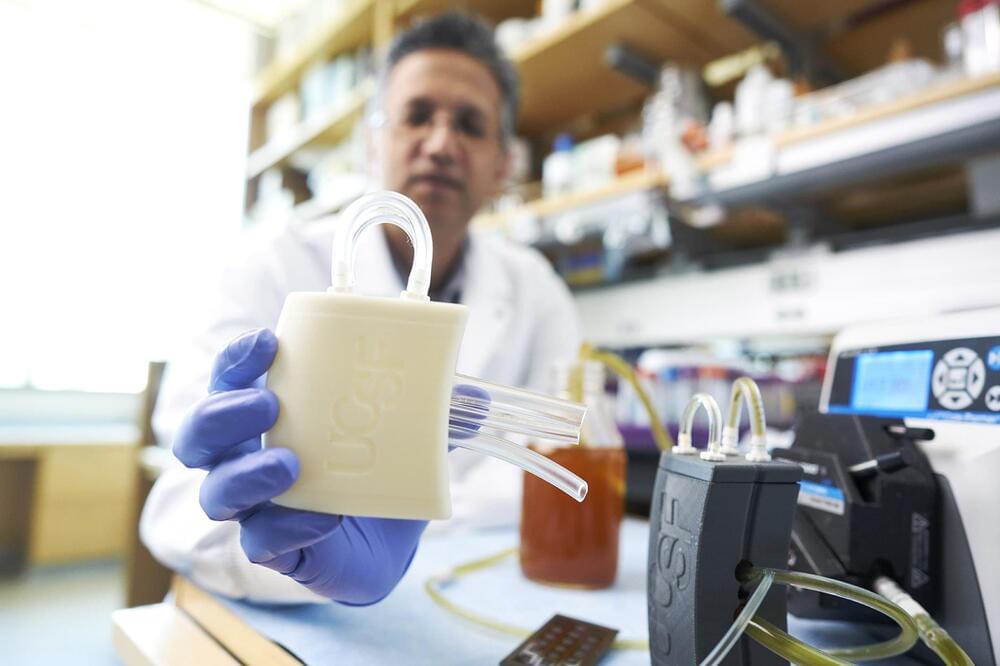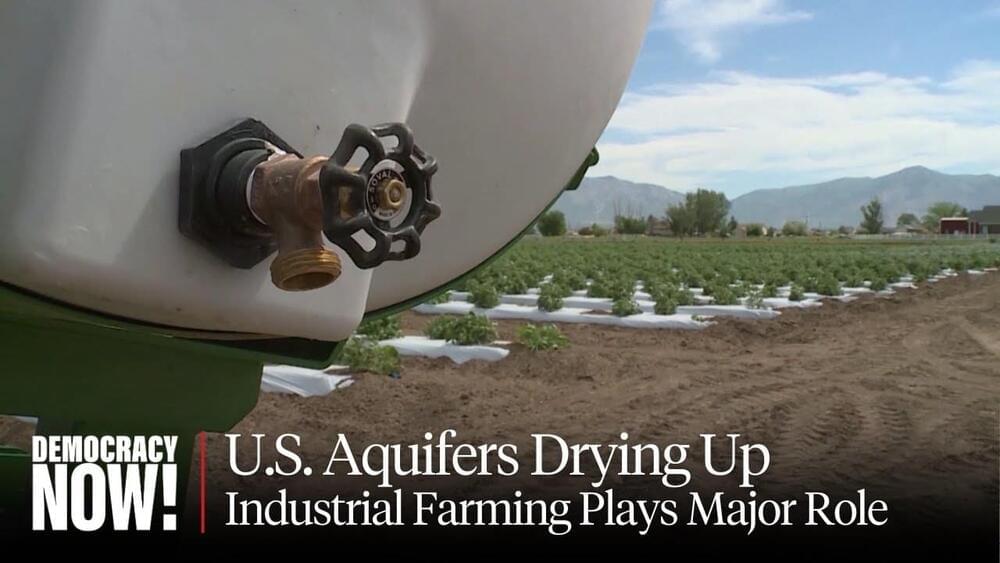Sep 1, 2023
Biological clocks: How does the body know that time goes by?
Posted by Shubham Ghosh Roy in categories: biotech/medical, health
In April of this year, Spanish athlete Beatriz Flamini emerged into the light after a 500-day stay in a cave. Her descent underground is probably the longest undertaken by a long stretch. Flamini says she lost all sense of time on the 65th day. But can she really be sure it was the 65th day? By way of comparison, in 1962 France’s Michel Siffre surfaced from the Scarasson chasm in Italy after spending what he thought was 33 days there. In fact, he spent 58 days underground.
How can isolated human beings keep regular track of time, even when they’re disconnected from their surrounding environment? Quite simply, because biological rhythms are at the heart of life, regulating it all the way from the molecular level up to that of the entire body. These include not only our sleep/wake cycles, but also body temperature, hormones, metabolism and the cardiovascular system, to name but a few.
And these rhythms have many repercussions, not least in terms of public health. Indeed, a number of diseases are episodic—for example, asthma is more severe at night, while cardiovascular accidents are more frequent in the morning. Another example is shift work, which disconnects people from their environment. It may be associated with an increased risk of cancers in workers, prompting the WHO to label it as a probable carcinogen.
